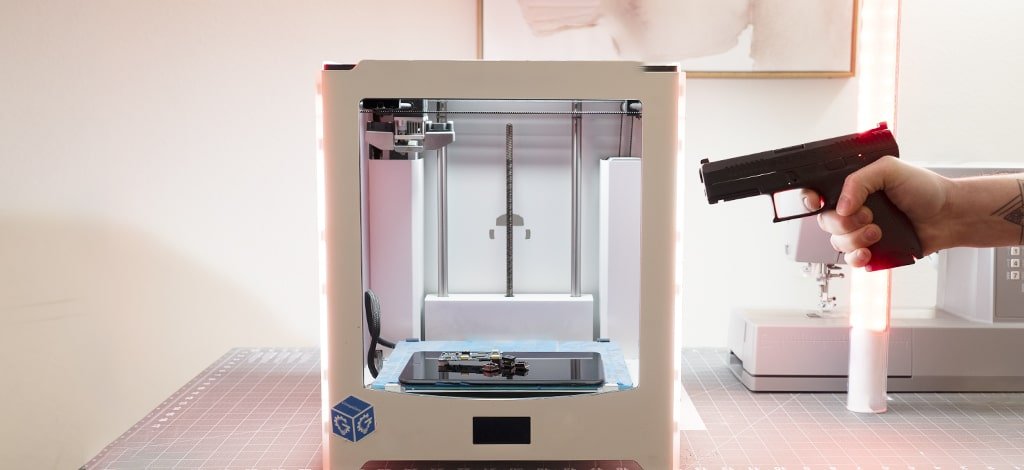
Did the Chip Shortage Kill The Maker Movement?
The Maker Movement has taken over the world, and we couldn’t be happier. Maker Culture (DIY Culture) encourages creativity, innovative thinking, problem solving, and more. It supports learning-through-doing and interaction with peers through shared learning experiences.
The Movement spans a wide range of topics, from sewing, to jewelry making, hardware electronics (our territory), winemaking, woodworking, pottery, and more. The Movement has experienced huge growth in recent years, with 1.6 million people attending Maker Faires around the world in 2017.
The Maker Movement gave rise to communal “Fab Labs” or “makerspaces” that focus on community learning and access to materials and machines to facilitate makers doing what they do best - make. These are fantastic places for makers who do not have the money to purchase, or the room to store large machinery for their projects. They typically charge a small membership fee, like a gym, and some even run classes and group workshops.

It’s hard to talk about the Maker Movement and makerspaces these days without acknowledging the chip shortage. It is as annoying now as it was in the beginning. It’s reached its long fingers into industries across the globe, from consumer electronics, industrial electronics, computing, communications, and even the automotive industry, which took the biggest financial hit of all.
The chip shortage first stemmed from the lockdowns, which ground everything to a halt, but then things got worse. With people moving from working in the office to working at home, the need for personal computers skyrocketed, which put a huge demand on chip makers on top of everything else happening at the time. Severe winter weather shut down domestic production, and a fire in Japan’s Renesas plant further hampered production. The backlog got so long that some suppliers are still not caught up.
The shortage has made a lasting impact on the Maker Movement in regards to electronics. Businesses, individuals, and makerspaces suffered. Many waited months on end for microchips, some even more. GroupGets itself waited over two years for processors for the ever-popular AudioMoth and its aquatic variant HydroMoth, both by Open Acoustic Devices.
So did the chip shortage kill the maker movement? Absolutely not.
There is one thing we can be sure makers will do when times get tough - they’ll make. In his article “Tilling the Fields of Scarcity”, community editor at Make: David J. Groom explains that nothing will stop creators. In the face of adversity “They’re stepping out of their comfort zones … products are being based on the availability of parts, given known shortages and ETAs. Boards are being laid out with multiple footprints … Makers are pivoting to abundant microcontrollers, like the RP2040 and ESP32”. Ending his article, Groom says “we observe with elation as our community breaks free of constraints, crashes through supply chain issues, and evolves new skills and methods”. I’ll admit, I couldn’t have said it better myself. We will persevere.
One company, MistyWest, a design engineering firm that performs contract technology development work for a range of clients, encountered its own issues during the shortage. With backlogs stacking up, they decided to give people a board (dev kit, or production module, that’s up to you), that cuts the BoM down to one item - the MistySOM.

Figure 1. MistySOM is a line of cost- and power-efficient modules based on Renesas RZ microprocessors that slot into an open-source carrier board for system interface and expansion. (Source: MistyWest)
So when will it end? That’s the question on everyone’s mind as we stride headlong into the second half 2023.
Unfortunately, nobody has a definitive answer for this. It seems to boil down to the type of chip required. Between memory chips and non-memory chips, between advanced, mature, or mainstream chips, and so on. The chip companies themselves are forecasting an end in 2023, with some saying they are caught up, and others saying they are nearing the end of their backlog.
I know I’ll sound like a doomsayer here - but the end is near! We can see the light at the end of the tunnel! This journey has almost ended - in a good way! If you’re reading this, you’ve survived the pandemic, and the chip shortage - unless ouija boards are getting more advanced, that is. Soon enough the tech industry will return to normal and parts scarcity will be at the back of everyone’s minds - until the next crisis.
